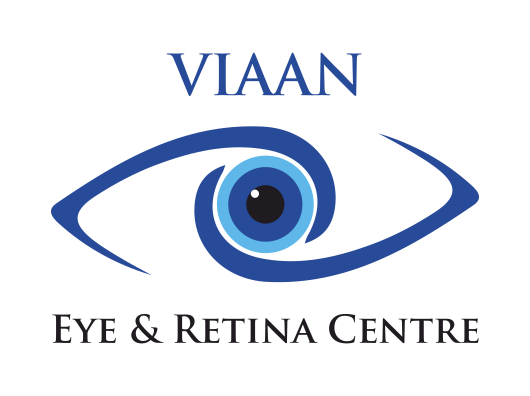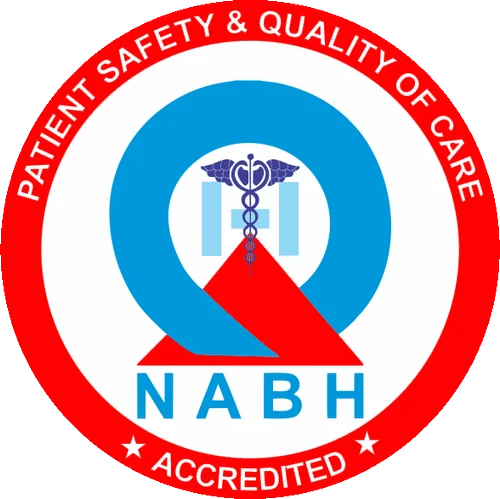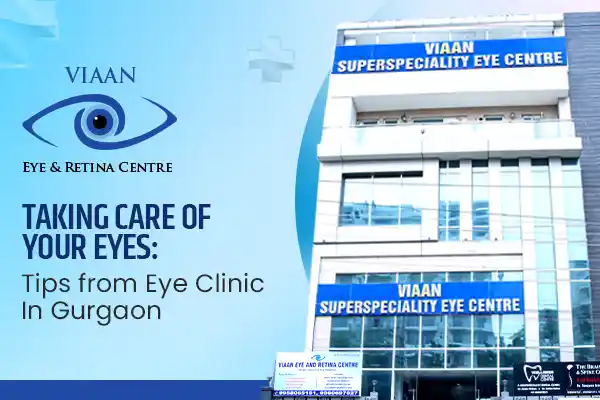Our daily lives are dominated by screens, which makes it easy to ignore the significance of taking care of our eyes. However, preserving good eye health is vital for our general well-being and quality of life. Luckily, there are several simple yet effective strategies that we can incorporate into our routine to keep our eyes healthy and functioning optimally. Here are some essential tips for maintaining healthy eyes:
Regular Eye Exams:
One of the most important steps in maintaining healthy eyes is to schedule regular eye exams with an optometrist or ophthalmologist. These professionals can detect early signs of eye diseases such as glaucoma, cataracts, and macular degeneration, which, if left untreated, can lead to vision loss. Adults should have a comprehensive eye exam at least every two years, while individuals with certain risk factors or pre-existing eye conditions may require more frequent check-ups.
Protective Eyewear:
Whether you’re engaging in sports, working with power tools, or spending time outdoors, wearing protective eyewear can help prevent eye injuries. Safety glasses or goggles should be worn to shield your eyes from flying debris, chemicals, or harmful UV rays. Additionally, consider wearing sunglasses that offer 100% UV protection when outdoors to reduce the risk of cataracts and other sun-related eye conditions.
Follow the 20-20-20 Rule:
Prolonged screen time can strain your eyes and contribute to digital eye fatigue. To alleviate this strain, practice the 20-20-20 rule: every 20 minutes, take a 20-second break, and focus on something at least 20 feet away. This simple habit can help reduce eye strain and prevent symptoms such as dryness, irritation, and blurred vision associated with excessive screen use.
Maintain Proper Lighting:
Good lighting is essential for minimizing eye strain and maximizing visual comfort. When reading or working on a computer, ensure that the room is well-lit, and avoid glare from overhead lights or windows. Position your computer screen so that it’s slightly below eye level and adjust the brightness and contrast settings to reduce glare and eye fatigue.
Practice Good Eye Hygiene:
Just like maintaining good oral hygiene is crucial for healthy teeth and gums, practicing good eye hygiene is essential for healthy eyes. Avoid touching or rubbing your eyes frequently, as this can introduce dirt, bacteria, and viruses that may cause infections. Wash your hands thoroughly before inserting or removing contact lenses, and follow proper hygiene practices to reduce the risk of eye infections.
Eat a Balanced Diet:
A nutritious diet rich in vitamins, minerals, and antioxidants can support overall eye health and reduce the risk of age-related eye diseases. Include foods high in omega-3 fatty acids, such as salmon, tuna, and walnuts, which are beneficial for maintaining the health of the retina. Additionally, incorporate leafy green vegetables, colorful fruits, and whole grains into your diet to ensure adequate intake of essential nutrients like vitamin C, vitamin E, and zinc, which are important for eye health.
Stay Hydrated:
Proper hydration is essential for maintaining the moisture balance in your eyes and preventing dryness and irritation. Aim to drink plenty of water throughout the day to stay hydrated, especially in dry or air-conditioned environments that can exacerbate symptoms of dry eye syndrome. Limit your consumption of caffeinated and alcoholic beverages, as they can contribute to dehydration and exacerbate dry eye symptoms.
Get Adequate Sleep:
Quality sleep is vital for overall health and well-being, including eye health. During sleep, your eyes rest and recharge, allowing them to repair and regenerate cells. Aim for 7-8 hours of uninterrupted sleep each night to ensure your eyes receive the rest they need to function optimally. If you experience persistent eye fatigue or difficulty sleeping, consult a healthcare professional for guidance and support.
Quit Smoking:
Smoking is not only harmful to your lungs and heart but also poses significant risks to your eye health. Research has shown that smoking increases the risk of developing age-related macular degeneration, cataracts, and other eye diseases that can lead to vision loss. If you smoke, take steps to quit, and if you don’t smoke, avoid exposure to secondhand smoke whenever possible.
Limit Screen Time:
Excessive screen time, whether it’s from computers, smartphones, or tablets, can strain your eyes and contribute to digital eye fatigue. To reduce the risk of eye strain, limit your screen time, take regular breaks, and practice healthy screen habits such as adjusting brightness levels and maintaining proper posture.
Conclusion:
Incorporating these simple yet effective tips into your daily routine, you can take proactive steps to maintain healthy eyes and preserve your vision for years to come. Remember, prioritizing your eye health is an investment in your overall well-being and quality of life. If you have any concerns about your eye health or experience persistent symptoms, consult with Viaan Eye and Retina Center, we have a team of experts who can detect disease from the root and provide you with the right solution for your eye health, so what are you waiting for book and appointment today through call or visit to our eye clinic in Gurgaon today.



